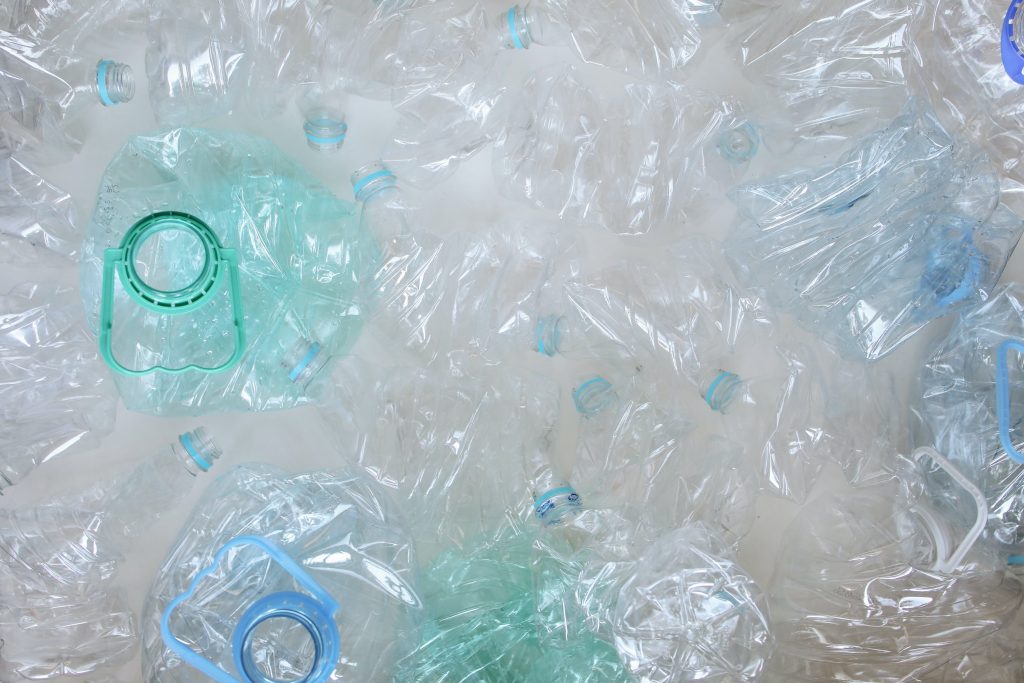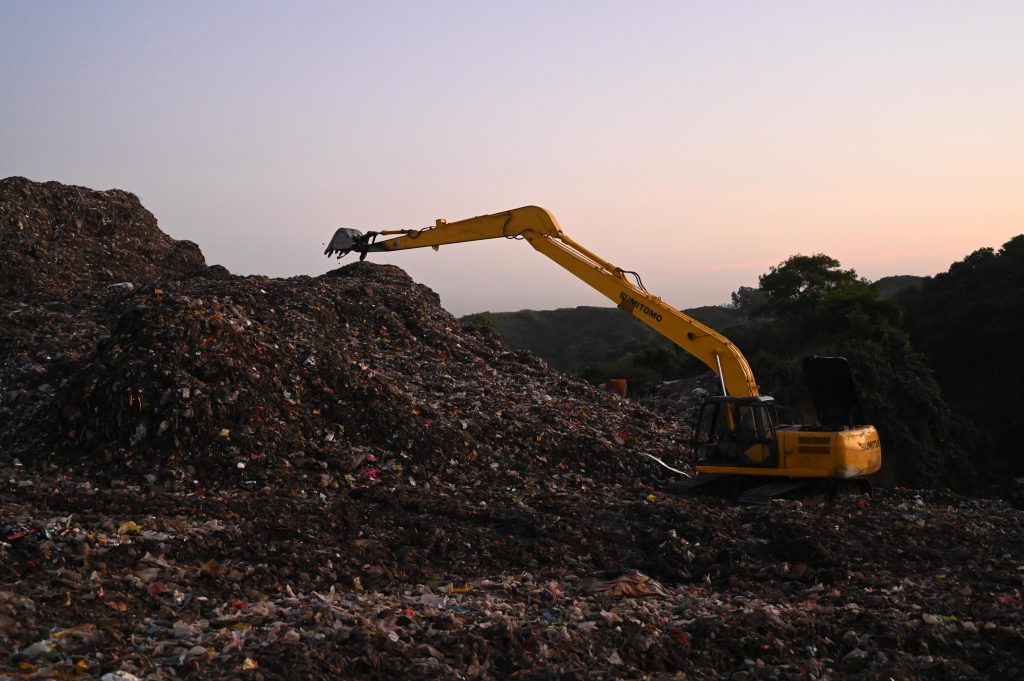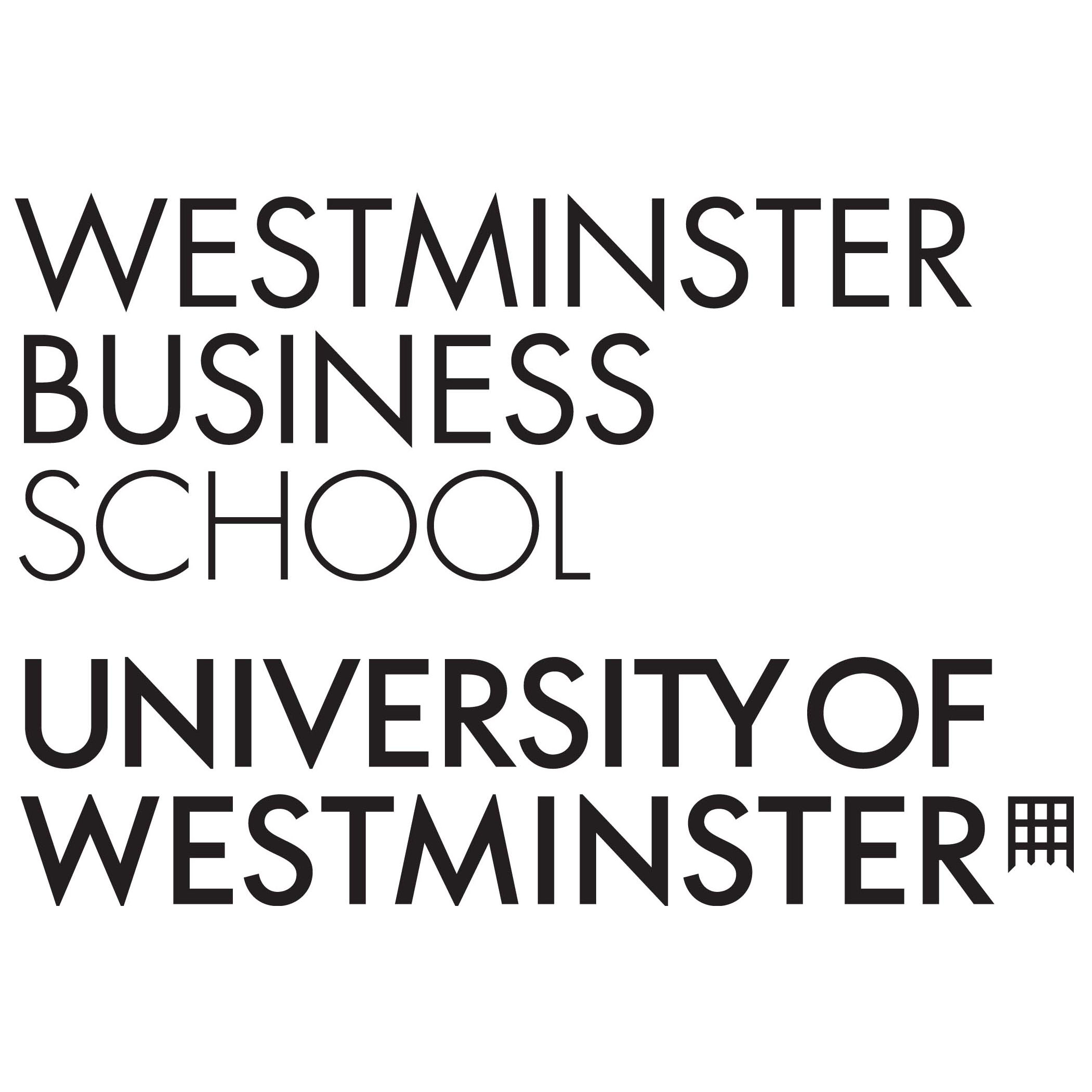
In my years studying at the University of Westminster I have been repeatedly asked to reflect and ponder upon the crucial topic of sustainability and the importance that this subject has gained over the past couple of years. As University students in London, we are constantly encouraged to buy products such as beverages and food items which are all packaged in disposable wrappers and packaging. This can seem irrelevant if we think about it individually but it could have a substantial negative impact on our environment and planet when we consider the amount of waste that it would create in the long run.
The University of Westminster promotes items such as water flasks and reusable coffee cups to decrease the number of plastic bottles or beverage cups used daily. Furthermore, as students, we are encouraged to make use of features such as the water refilling stations on campus to further reduce the use of disposable bottles and promote the usage of reusable bottles instead. Sustainability, however, is not a topic to only be concerned about on campus, it is rather a subject that should be on our minds throughout our day to help us make the best possible decision for our own future and the environment we live in.
A Sneak Peek into a Wider Issue
While the education sector generates nearly 700,000 tonnes of waste per year, universities generate approximately 250,000 tonnes. Although greater issues regarding sustainability arise when this waste is not disposed in the appropriate manner, it is still important to reduce the amount of waste in the first place and find better ways to reuse and recycle where possible.

As an example of this, universities generate a large amount of paper waste. Excessive printing, photocopying, and unnecessary paper use, such as printing lecture notes, can all contribute to this. Furthermore, many universities receive a large volume of paper-based mail and documents that are often discarded. Campuses, halls, and administration offices also accumulate a lot of plastic waste. Water bottles, food packaging, straws, stirrers, plastic grocery bags, and even plastic at campus events, parties, and conferences such as cups, utensils, and plates are examples.
In 2021 the average person was estimated to produce around 413kg of waste, amounting to almost 28 million tonnes of household waste in that year alone, of which only 45% was recycled. More specifically, 14 billion plastic bottles are used each year in the UK, that is the result of approximately 38 billion plastic bottles per day. These numbers are highly concerning when multiplied over the years and for this reason it is crucial that we all do what little we can individually to limit the damage as much as we possibly can.
Beyond Graduation: Passing on the Sustainable Legacy
It is essential for us students to remember that sustainability is not only a topic to take into consideration for university assignments and course work, it’s rather a real life matter, for which our planet pays the consequences of our actions, therefore it needs to be acknowledged outside of the campus setting as well.
You now may be wondering what you can do as an individual to reduce your waste production.
- Well, firstly reduce the use of single use plastics or disposables.
Consider using water flasks instead of single use plastic water bottles.

- Buy products which are reusable or have refillable packaging.
Invest in products like Wild deodorant or Duracell rechargeable batteries.

- Carry reusable shopping bags to avoid buying single use plastic bags for both your shopping and your groceries.

- Carry reusable cups for your on-the-go beverages.
Think of investing in reusable cups for your daily dose of tea or coffee.

- Avoid impulsive Buys.
Think about your choices carefully and consider alternatives where appropriate.

In conclusion…
Universities can act as positive change agents by incorporating sustainability into their academic practices. But it’s not all just about reducing the campus footprint; it’s also about preparing the next generation for a life of accountability and innovation. We can lead the way for a brighter, more sustainable future by working together to implement academic sustainability initiatives.
References
Hills. (2024). Waste management in Universities. Available from: https://www.hills-waste.co.uk/sectors/education/university-waste-management [Accessed 4th January 2024]
